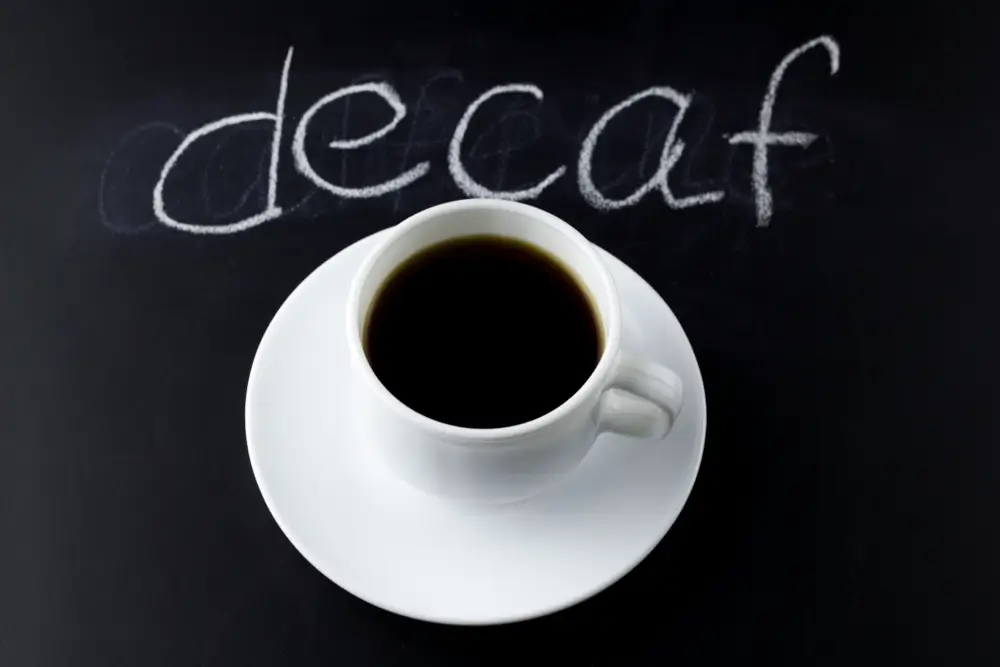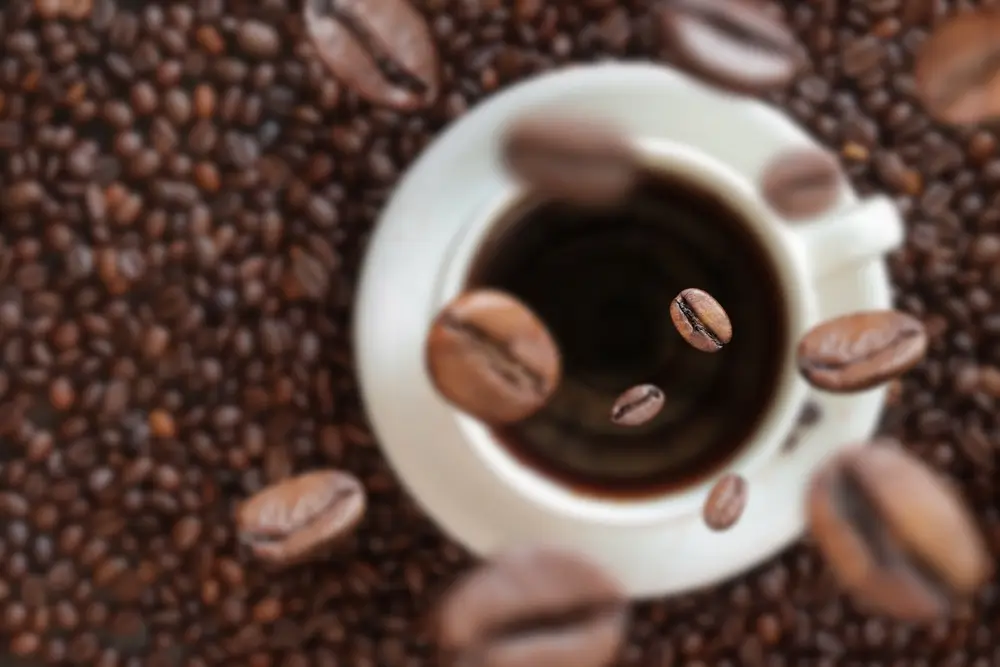If you love a nice cup of decaf coffee, you might need to prepare for some big changes. There’s talk about new rules that could affect how decaf coffee is made in the US. Let’s dig into why decaf might be in trouble and could even get banned across the country.
Decaf Coffee Under Scrutiny in the US
Decaffeinated coffee has long been a go-to choice for those seeking the flavor without the caffeine kick. However, recent developments have cast a shadow over its future. Concerns over the safety of chemical solvents used in the decaffeination process, particularly methylene chloride, have prompted regulatory scrutiny and calls for stricter controls.

Regulatory Actions and Health Concerns
Government agencies like the Food and Drug Administration (FDA) and the Environmental Protection Agency (EPA) are taking notice. The FDA, in particular, has been evaluating the safety of methylene chloride and other chemicals used in decaffeination. With growing evidence of health risks associated with these substances, the possibility of stricter regulations or even a ban on decaf coffee looms large.
Consumer Impact and Industry Ramifications
The implications of a potential decaf coffee ban extend far beyond individual preferences. For consumers, it means reevaluating their coffee choices and potentially facing limited options or higher prices for decaffeinated beverages. In the coffee industry, it could spell upheaval, with manufacturers and retailers forced to adapt to new regulations or seek alternative decaffeination methods.
Clarity on Health Risks
The decaffeination process, while essential for many, often involves the use of chemical solvents like methylene chloride. This volatile liquid, considered a likely carcinogen by OSHA, has prompted concerns about its presence in decaf coffee. The implications of consuming such substances demand our attention and understanding.
Fortunately, there are safer alternatives to chemical solvents. One such method is the Swiss Water process, renowned for its natural approach. By soaking green coffee beans in water, this method allows caffeine to seep out over several hours without the use of harmful chemicals. Choosing coffee processed through methods like Swiss Water can offer peace of mind and a healthier cup.
Alternatives to Decaf in the US
While transparency about harmful substances is crucial, it’s equally important to highlight brands leading the way in responsible decaffeination practices. Consider opting for trusted names like Starbucks, Dunkin’ Donuts, Folgers, Caribou Coffee, and ILLY, known for their commitment to quality and safety.

Closing Thoughts
As you reach for that next cup of decaf coffee, remember the choices available to you. By understanding the risks and exploring safer alternatives, you can enjoy your favorite beverage with confidence. Let’s raise our mugs to informed choices, healthier brews, and a brighter future for coffee lovers everywhere.
Stay tuned for more coffee brewing guides, recipes, and bean roasts.
